
Attending the closing session were comrade Tran Luu Quang, member of the Party Central Committee, Deputy Prime Minister; comrade Le Quoc Minh, member of the Party Central Committee, Editor-in-Chief of Nhan Dan Newspaper, Deputy Head of the Central Propaganda Department, President of the Vietnam Journalists Association; representatives of leaders of press management agencies, departments, sectors, enterprises, central and local news agencies and newspapers.

Delegates attending the closing session.
In his closing speech at the Forum, Comrade Le Quoc Minh affirmed: After 10 in-depth discussion sessions, the 2024 National Press Forum has been a great success. The Forum has received many enthusiastic comments, assessments, and discussions from journalists, managers, and researchers.
Summarizing the highlights as well as specific conclusions for each discussion session, he said that in the first session "Enhancing Party spirit and orientation in press activities", opinions were highly unified on the basic key issues: That is the important role of revolutionary press in propagating and disseminating the Party's guidelines and policies, the State's laws and policies; a bridge closely connecting with the people; a vanguard force protecting the Party's ideological foundation, the regime, protecting national and ethnic interests, protecting the great national unity bloc; contributing to fighting against evil and negativity, protecting and honoring beauty and humanistic values.
Opinions all affirmed that Party spirit and orientation are the red thread running through revolutionary press activities, while frankly pointing out the enormous challenges, such as information competition in the digital age, when public psychology and tastes change, media change; limitations, weaknesses, and room for innovation lie within the operating mechanism of the Party's press agencies.
In addition, there is stagnation and rigidity among a segment of journalists; slow innovation in the method of managing the editorial office, directing information, investing in the team and facilities of journalism; the imbalance in expectations regarding the responsibility of leading the information with the mechanism that has revealed shortcomings, inappropriate investment and the team that cannot keep up in terms of both capacity, level and courage.
In the second session "Building a cultural environment for journalism", speakers emphasized that the cultural environment for journalism is the foundation for the Vietnamese press to develop in the right direction and professionally. Therefore, it is necessary to promote cultural factors in professional activities and in journalistic works; promote humanity, solidarity, mutual love, and strive for the values of "truth, goodness, and beauty", spread good things, fight and refute wrong and negative viewpoints, and build a good spiritual foundation for society.
At the same time, it is necessary to build a cultural core, from strictly implementing the 6 criteria in building a cultural press agency; the 6 criteria of a cultural journalist. Press agencies must fulfill well the role and mission of revolutionary journalism in preserving, building and developing an advanced Vietnamese culture with strong national identity.
Regarding the issue of whether the economy “fades” the cultural element in journalism, the speakers said that press management agencies must be creative and proactive in finding a guaranteed source of income so that journalists can make a living from their journalism. Journalists must seek the true and inherent values of journalism: humanity, honesty, and fighting for justice.
Session 3 "Data journalism and outstanding content strategy", the discussion results show that press agencies for effective outstanding content strategy must develop data journalism. Open data sources, linked data, internal data of press agencies, especially data for analyzing press trends will be the basis for filtering and enriching data, analyzing and evaluating, visualizing data are basic operations to apply data journalism in multimedia storytelling, creating uniqueness and superiority of press content.
To develop data journalism, it is necessary to clearly understand its nature, role, and conditions for implementation, and have a comprehensive solution based on the theory and practice of capacity, resources, world trends, and the public characteristics of each press agency. There will only be outstanding content when press agencies innovate in all four areas: product and service strategy, professional field, public - customer field, and press and media economics.
Opinions also affirm that data journalism is an inseparable direction from the flow of Vietnamese journalism. For sustainable development, in addition to the press agencies themselves proactively researching and finding their own data journalism model and outstanding content strategy, it is necessary to build a professional, modern press and media ecosystem, oriented towards digital journalism. Through this ecosystem, press agencies are able to readily share and connect data.
To do this, the role of guiding, managing and leading agencies such as the Central Propaganda Department; Ministry of Information and Communications; Vietnam Journalists Association is very important. Accordingly, the Central Propaganda Department and the Ministry of Information and Communications need to advise and perfect the Party's guidelines and policies and the State's policies; the Journalists Association has a leading and consulting role in building management models and professional models of press agencies in building this ecosystem.
In the 4th session "Investing and effectively applying technology in newsrooms", the speakers stated that journalism in the digital age cannot be separated from technology, even technology is leading journalism and most large newsrooms will develop towards becoming technology-media corporations. However, to realize that ambition, newsrooms need to diversify their revenue sources and develop digital business models. Thus, investing in technology is also aiming at creating new revenue sources, replacing traditional revenue sources.

Journalist Thi Uyen (Nhan Dan Newspaper) presented a paper in a discussion session on effective investment and application of technology at newsrooms.
Experts also believe that Artificial Intelligence (AI) is becoming a game-changer, not only for journalism but also on a broader scale. However, Vietnamese press agencies are facing many challenges, from the lack of legal corridors to core technology to enter this playing field.
From the above issues, experts have proposed suitable solutions so that small and medium-sized newsrooms can choose and find the right direction for themselves, in order to keep up with the trends of world journalism.
In the 5th session "Diversifying revenue sources for press agencies", opinions shared the common view that press revenue sources are posing many challenges for press agencies today. If they only rely on and depend heavily on advertising, press agencies will always face the risk of declining revenue, in the context that many ways to find customers no longer have to go through press agencies. Businesses have been and are looking for other effective ways to promote products and sell products. In addition, news sites and social networking sites intentionally retrieving selective content from press agencies also attract advertising revenue, making the economic pie for press agencies increasingly smaller.
Newsrooms are trying to diversify their readership by reaching out to more social media platforms. In particular, they are trying to diversify their readership channels, because only with readers can there be revenue. According to the speakers, news agencies have made new changes as most of their revenue sources are now shifting to digital platforms. This change comes from investing heavily in technology, changing the mindset and journalism habits of reporters and editors.
In the 6th session "Reportage, investigative reporting and the journey to do useful things", speakers gave 4 solutions and recommendations to develop investigative journalism.
First, continue to have programs, curriculum, and staff to train investigative reporters right from when they are still in college.
Second, at press agencies, especially large press agencies, depending on conditions, restore groups/teams/departments specializing in the investigative genre. On the issues; interfaces; and programs of press agencies, columns and programs with names associated with the genre should be maintained to "keep the fire" for the genre and retain readers who love this genre while attracting and developing new groups of readers.
Third, there should be appropriate policies and mechanisms on working conditions and income to encourage writers in this field to work with peace of mind, have a good income, and have security when facing risks and incidents. It is necessary to establish a "Risk Prevention Fund". Press agencies should prioritize investment in media technology to support journalistic works that are not only of high quality but also attractive in form and reach readers as quickly as possible.
Fourth, the Vietnam Journalists Association and the Ministry of Information and Communications need to study mechanisms and policies; make recommendations to consider investigative journalists as people performing public duties.
Session 7 "Competitiveness of Television in the AI Era", with 4 presentations, discussion sessions and video presentations, the conference came to the following conclusions: Artificial intelligence technology is revolutionary in creating vivid images and content. At the same time, it is also a tool to understand and serve the public in the best way.
Artificial intelligence will liberate labor and dramatically increase labor productivity in television production. This will help the television industry to promote its strengths.
In addition, the risks that artificial intelligence brings are also huge challenges in the process of producing television programs. Artificial intelligence can create content similar to copyrighted content. This leads to intellectual property violations.
When the initial information is inaccurate, misleading; or the data is incomplete, incorrect; or even fake, it is difficult for creative AI models to transparently verify objective facts.
Inequality, bias, and reflecting information that lacks humanity… are also risks that artificial intelligence can bring to television if we rely too much on this technology.
It is undeniable that artificial intelligence is creating and will create positive effects in the process of producing television programs. However, the role of human intelligence in the products created by artificial intelligence needs to be promoted and highly focused.
At the same time, to enhance the competitiveness of television in the AI era, we need to continue to create and share authentic and valuable human information. That is the data that contributes to Vietnam's big data warehouse. From there, artificial intelligence in Vietnam will have great opportunities to develop, and the value of television's competitiveness will also increase. Artificial intelligence will give wings to creativity for those working in television.
Session 8 "Dynamic broadcasting in the digital environment", the opinions of the panelists and the audience all agreed: digital transformation is a mandatory and irresistible trend for all press agencies. Radio and Television stations need to clearly understand the difficulties, challenges as well as development opportunities in the digital age, in order to have appropriate investment and development strategies.
Along with that, to adapt to the digital environment, changing the awareness of reporters, editors, especially those working in radio management is the most important factor. Besides, the human factor is the central issue in developing digital content, from reporters, editors, to listeners.
In addition, it is necessary to pay attention to investing resources, including human resources, material resources and finance, so that radio can develop and compete fairly with other types of journalism in the digital environment.
Opinions say that in order for Radio and Television Stations and Voice of Vietnam channels to survive and develop, it is necessary to develop a strategy to develop radio content on digital platforms. This strategy requires specific solutions, as well as proposals and recommendations to competent authorities so that Vietnamese radio can develop and compete fairly with other types of journalism on digital platforms.
In the 9th session "Effective cooperation models between the press, businesses and advertising agencies", the speakers agreed that, not only limited to advertising cooperation models, brand communication, the press and businesses can fully cooperate in public education activities, propaganda, and orienting consumption trends in accordance with green, responsible, environmentally friendly and sustainable lifestyles. This also directly benefits businesses that are developing according to the ESG model - environment, society, sustainable governance.
Collaboration to build a transparent and objective image for businesses on reliable and trustworthy press platforms is the basis for building trust in businesses. The trend of content marketing is a reasonable and effective method, paving the way for a collaborative solution called branded content - press content that communicates for the brand, in many different forms, on the press or outside the press, suitable for the multi-platform model of modern journalism.
According to the speakers, businesses must realize that their own interests are part of the overall interests of the industry, the region, the nation and the entire socio-economic system. Participating with the press in projects and communication programs, contributing to solving social, environmental and cultural issues, etc. is a deep and sustainable cooperation. On the press side, it is also necessary to pay attention to building programs suitable for each business, truly important to social life, and capable of supporting the promotion of the business image in a positive and effective way.

Comrade Le Quoc Minh, member of the Party Central Committee, Editor-in-Chief of Nhan Dan Newspaper, Deputy Head of the Central Propaganda Department, President of the Vietnam Journalists Association presented flowers to speakers participating in discussion sessions within the framework of the 2024 National Press Forum.
Session 10 "Protecting press copyright in the digital age", the discussion raised a number of issues: the system of legal documents on authors, intellectual property rights and related rights is the basis for warning, preventing, detecting and punishing violations. However, there are still shortcomings and dispersion. And from the perspective of the subject and content creator, journalists and press agencies are also confused and not really determined in protecting their rights.
The speakers discussed effective solutions to protect press copyright in the digital environment; improve the capacity to protect and exploit press copyright; contribute experience in handling press copyright protection. At the same time, contribute to the process of amending the Press Law to perfect the legal framework on press copyright and promote the development of press economic activities.
Highly appreciating the quality of all 10 working sessions, comrade Le Quoc Minh expected that the discussion results of this year's National Press Forum will be realized and bring about positive changes in Vietnam's revolutionary press.
Source



![[Photo] Phuc Tho mulberry season – Sweet fruit from green agriculture](https://vstatic.vietnam.vn/vietnam/resource/IMAGE/2025/4/10/1710a51d63c84a5a92de1b9b4caaf3e5)
![[Photo] Prime Minister Pham Minh Chinh chairs meeting to discuss tax solutions for Vietnam's import and export goods](https://vstatic.vietnam.vn/vietnam/resource/IMAGE/2025/4/10/19b9ed81ca2940b79fb8a0b9ccef539a)



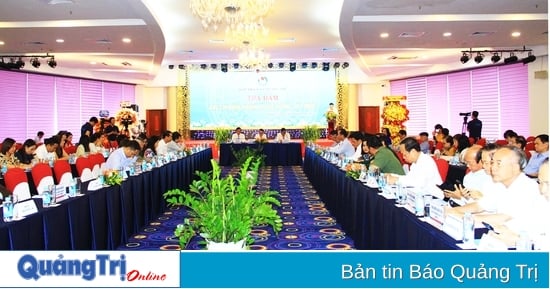

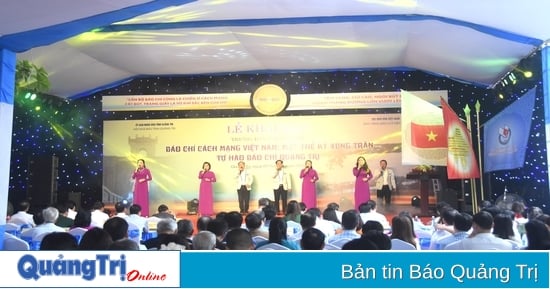
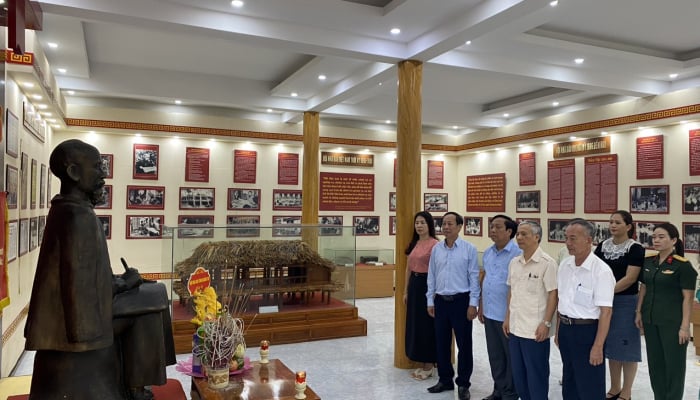

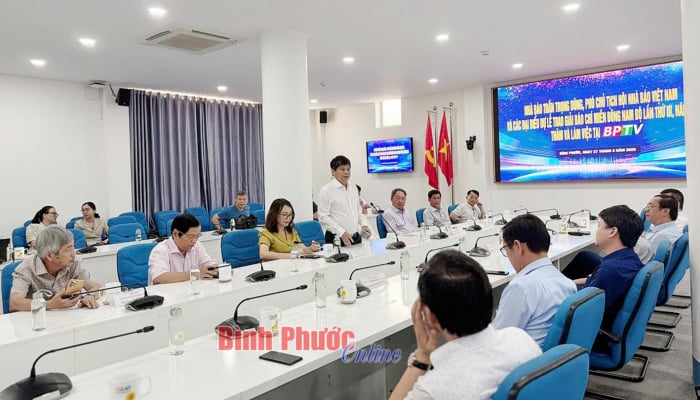
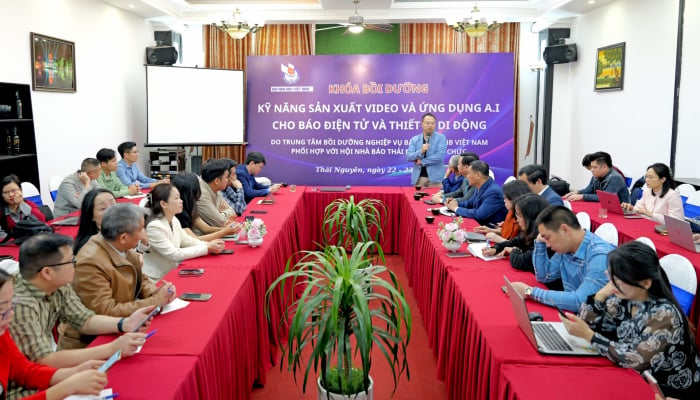
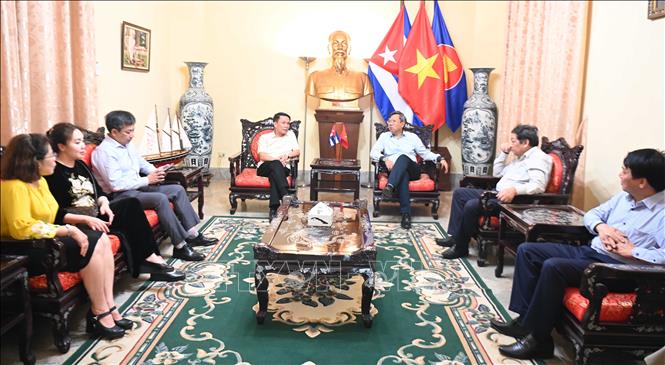
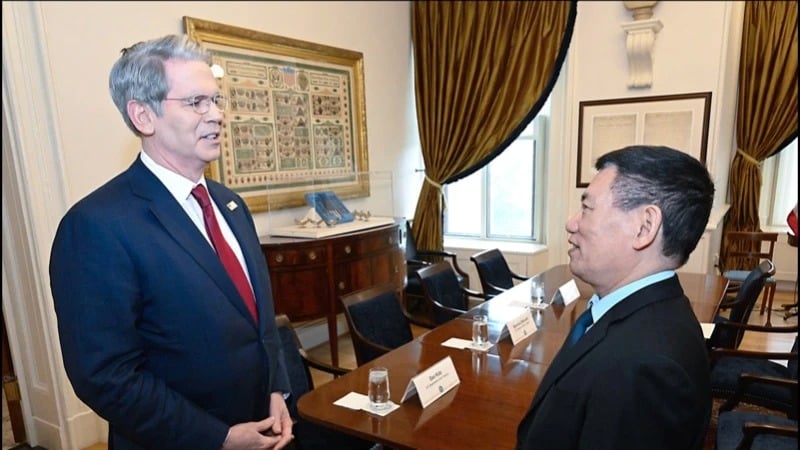




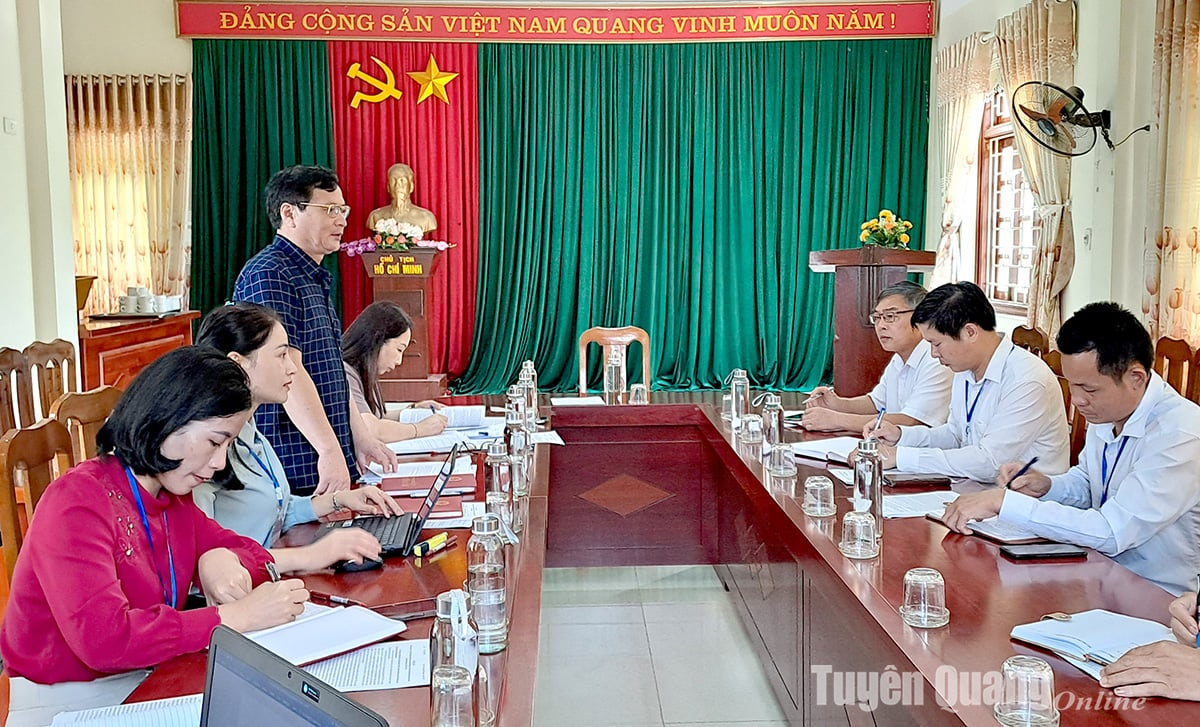




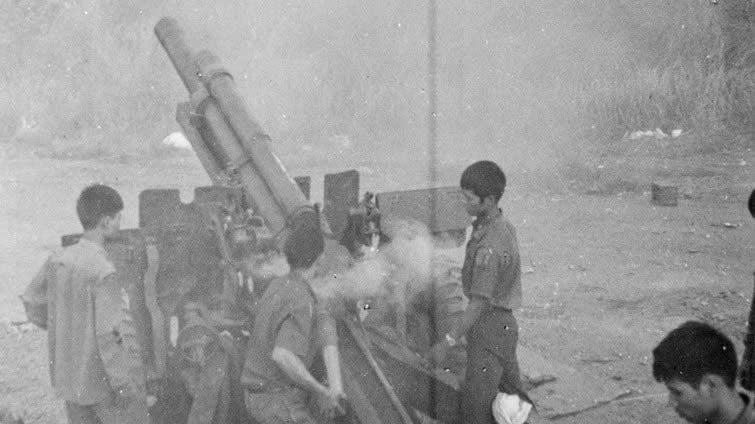

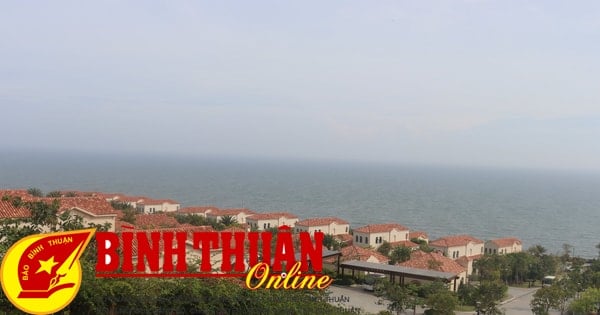
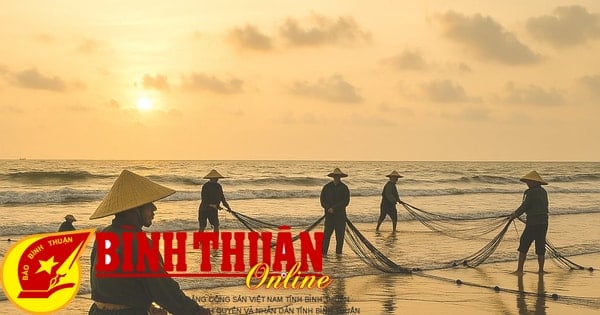
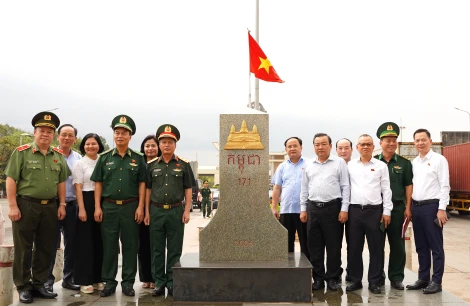
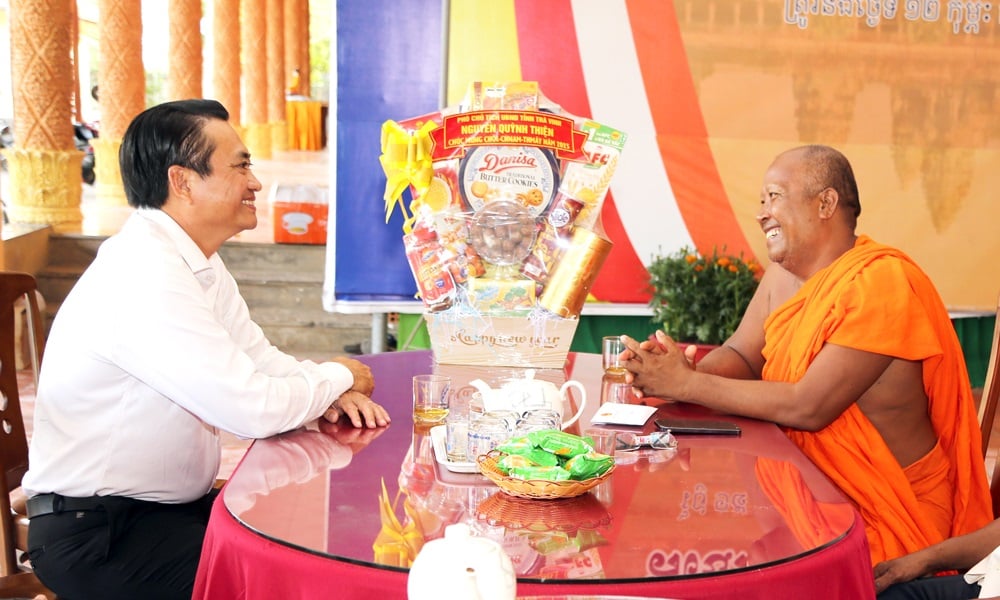
![[Photo] Unique folk games at Chuong Village Festival](https://vstatic.vietnam.vn/vietnam/resource/IMAGE/2025/4/10/cff805a06fdd443b9474c017f98075a4)





































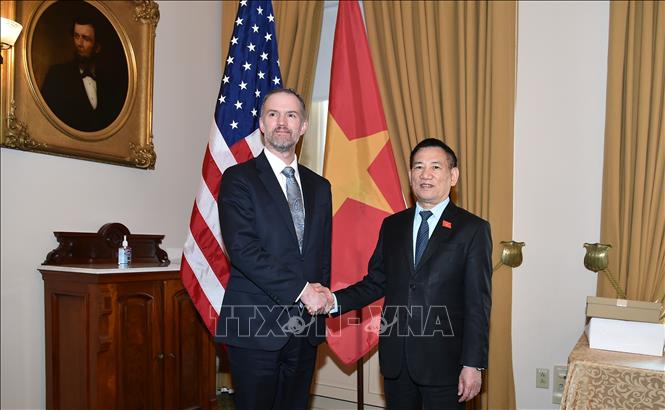


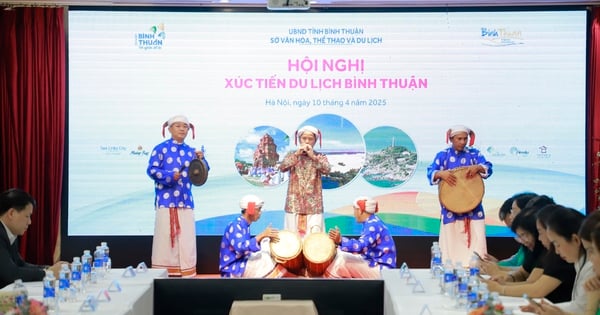









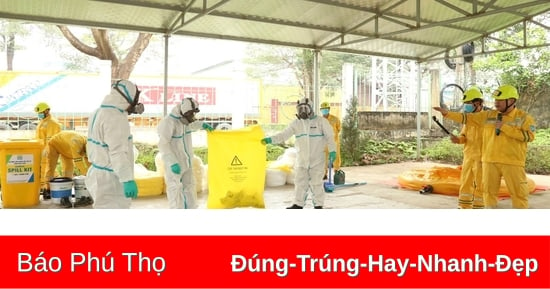



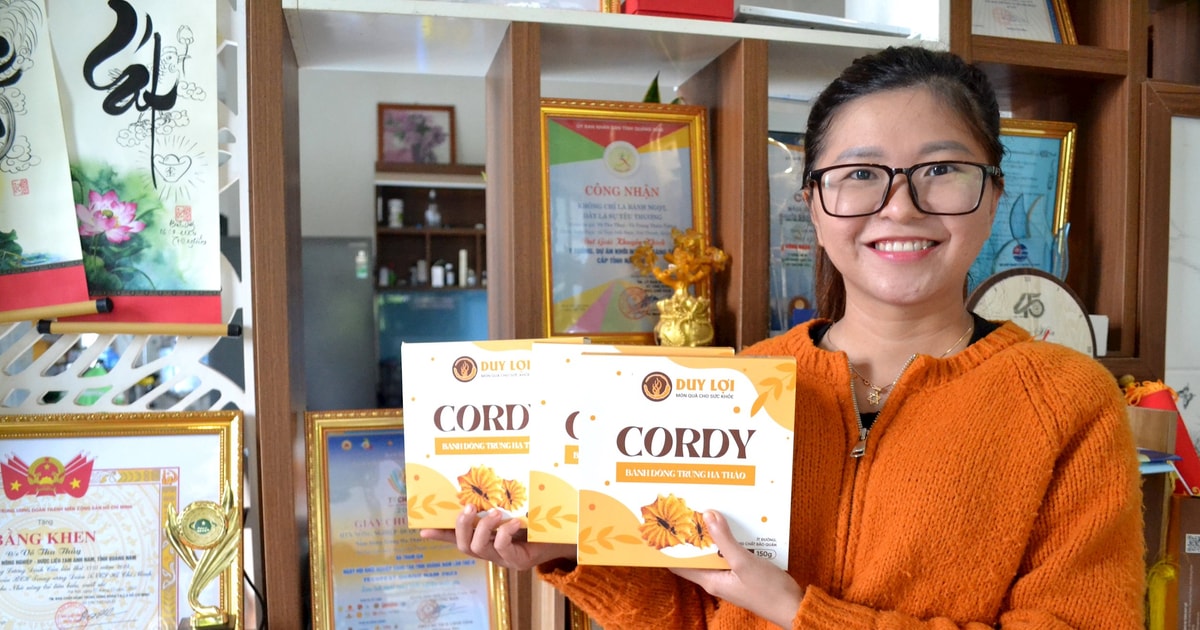










Comment (0)